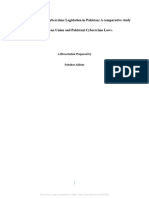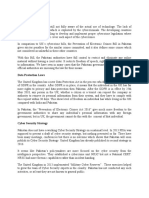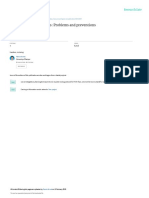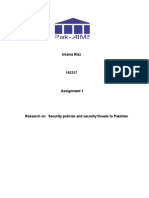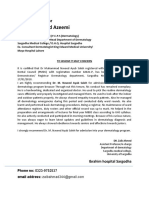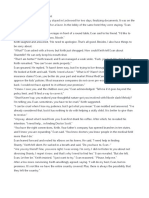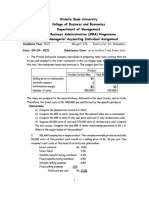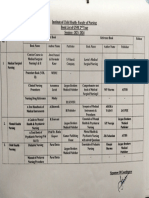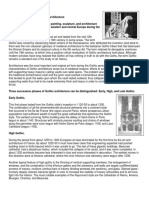0% found this document useful (0 votes)
16 views6 pagesLAIBA
The document discusses Pakistan's information security laws and policies, particularly focusing on the Prevention of Electronic Crimes Act (PECA) 2016 and the proposed Personal Data Protection Bill. It compares Pakistan's cybersecurity framework with those of the UK and US, highlighting gaps in enforcement and data protection. Recommendations for improvement include enhancing enforcement mechanisms, increasing public awareness, and aligning with international standards.
Uploaded by
Abdul GhaffarCopyright
© © All Rights Reserved
We take content rights seriously. If you suspect this is your content, claim it here.
Available Formats
Download as DOCX, PDF, TXT or read online on Scribd
0% found this document useful (0 votes)
16 views6 pagesLAIBA
The document discusses Pakistan's information security laws and policies, particularly focusing on the Prevention of Electronic Crimes Act (PECA) 2016 and the proposed Personal Data Protection Bill. It compares Pakistan's cybersecurity framework with those of the UK and US, highlighting gaps in enforcement and data protection. Recommendations for improvement include enhancing enforcement mechanisms, increasing public awareness, and aligning with international standards.
Uploaded by
Abdul GhaffarCopyright
© © All Rights Reserved
We take content rights seriously. If you suspect this is your content, claim it here.
Available Formats
Download as DOCX, PDF, TXT or read online on Scribd
/ 6

























